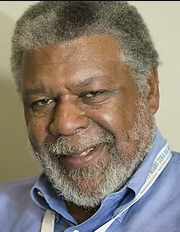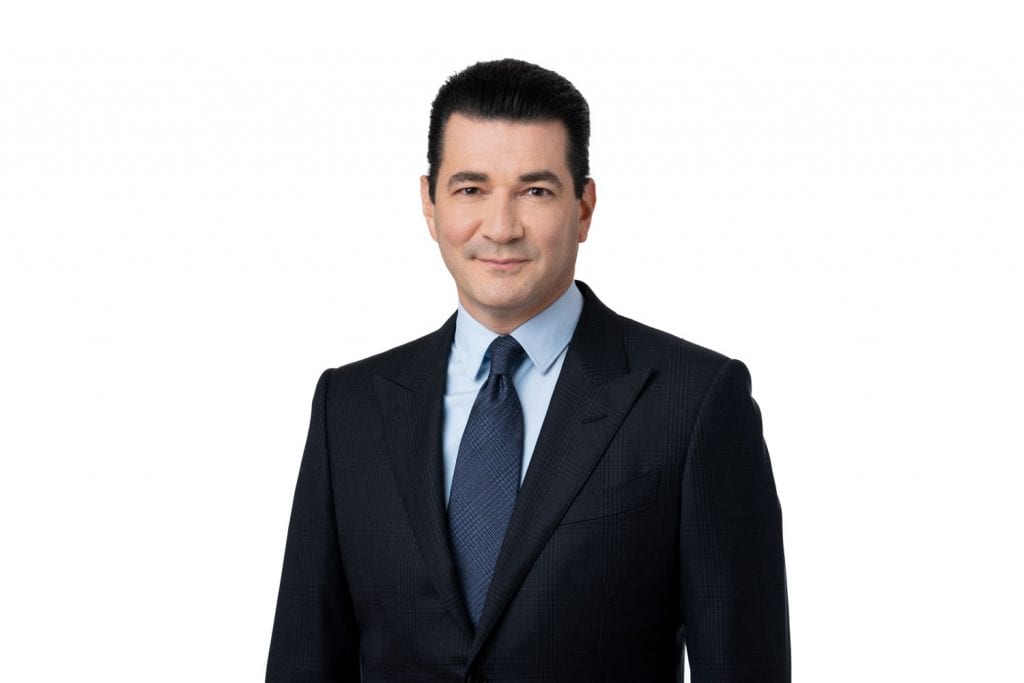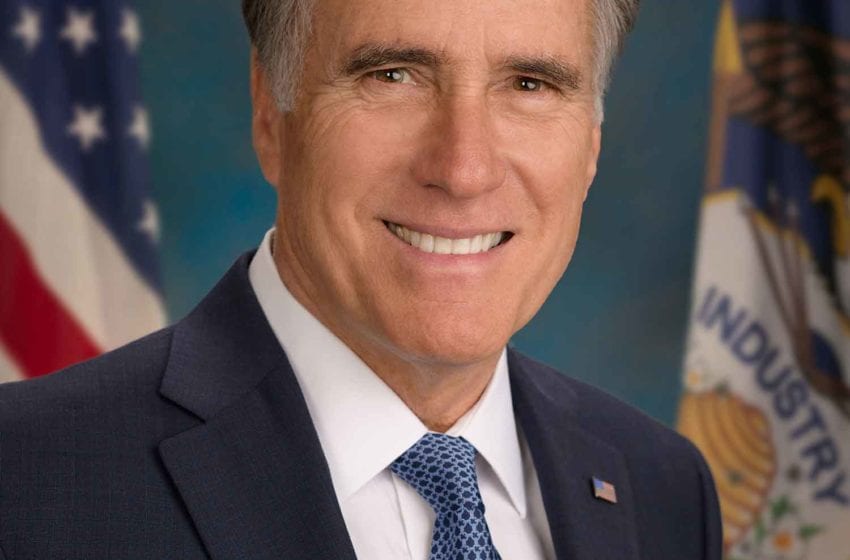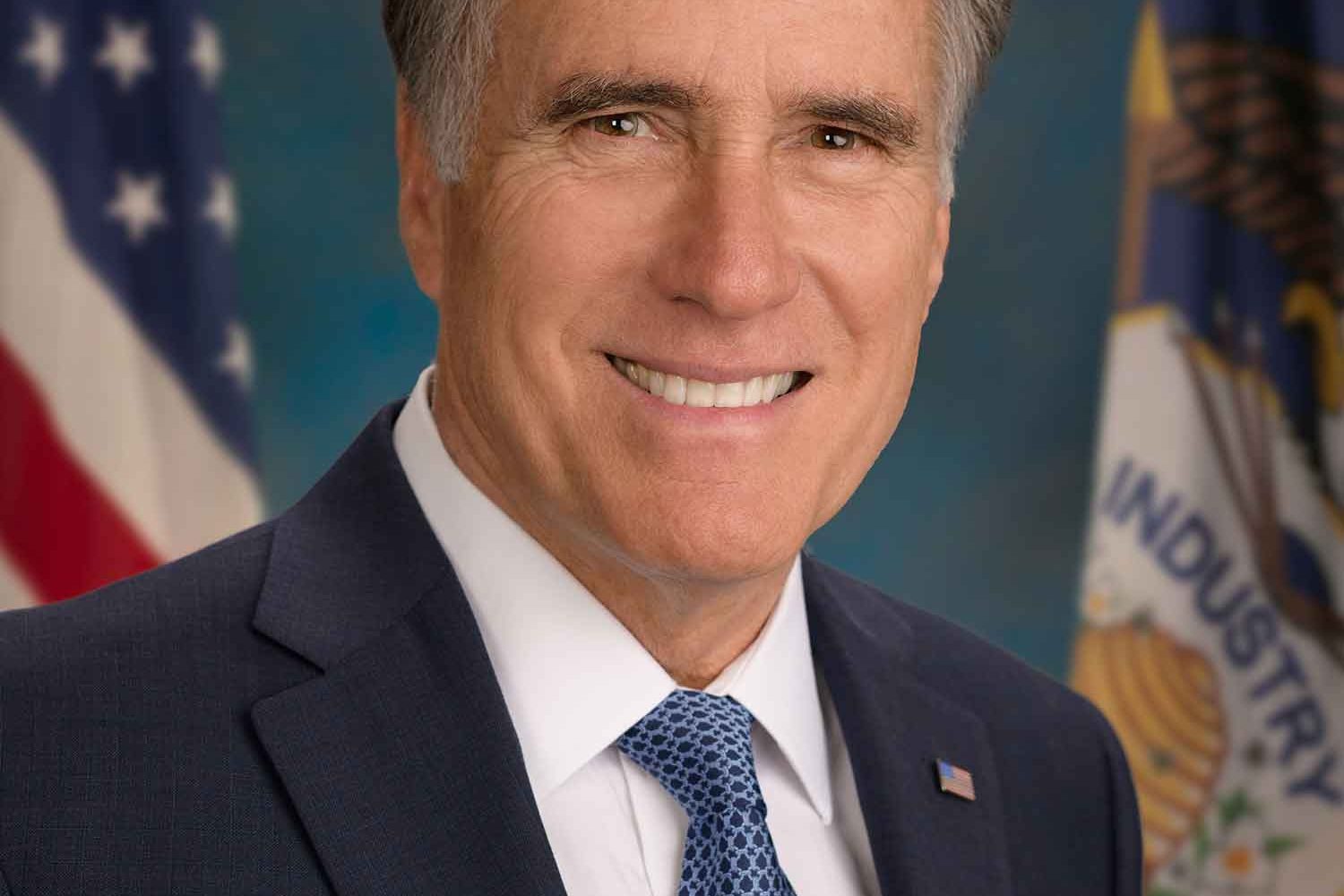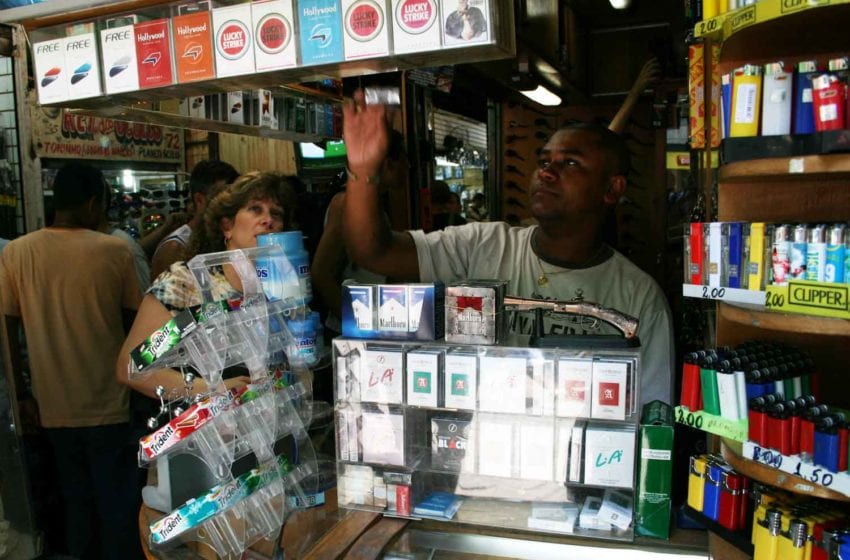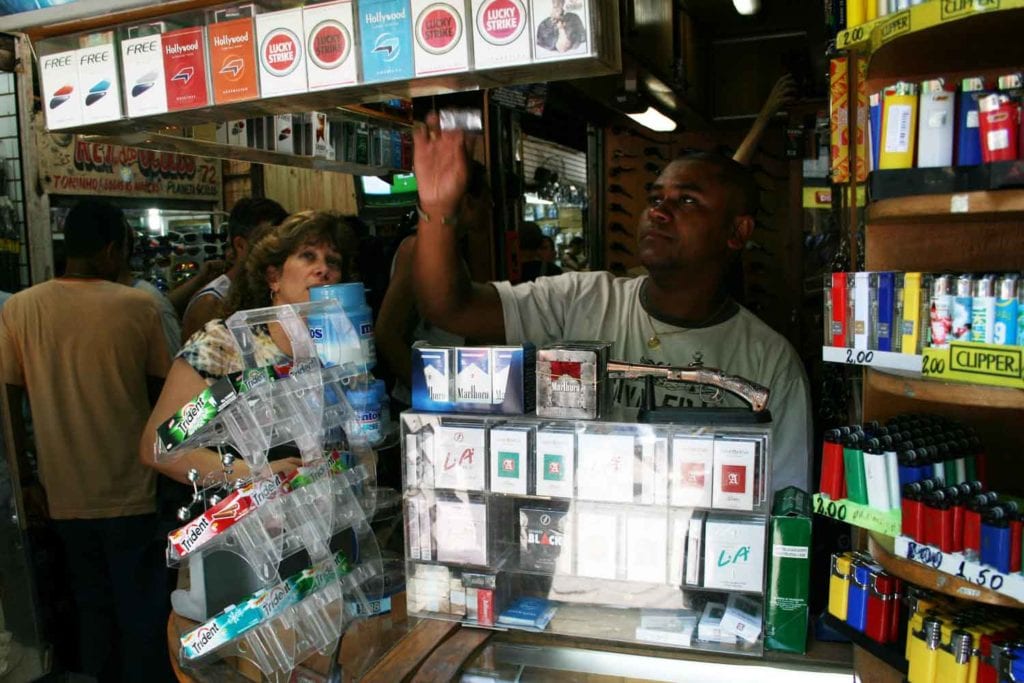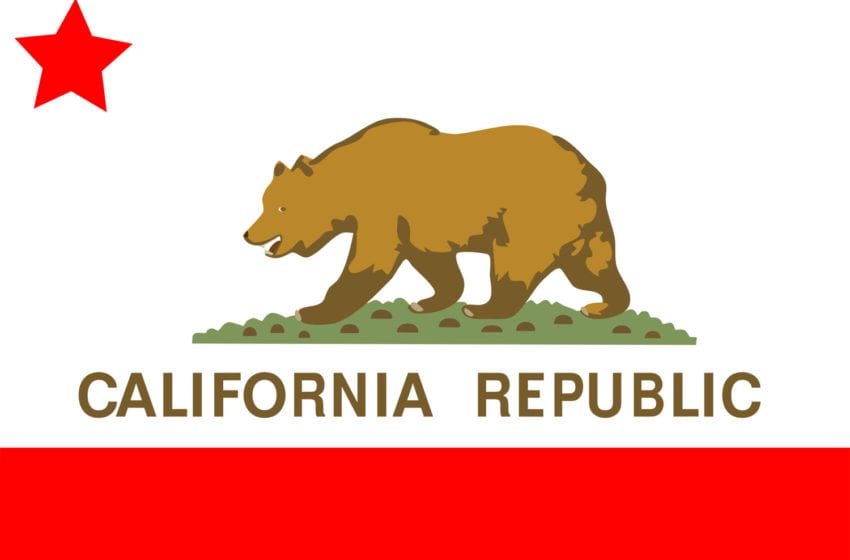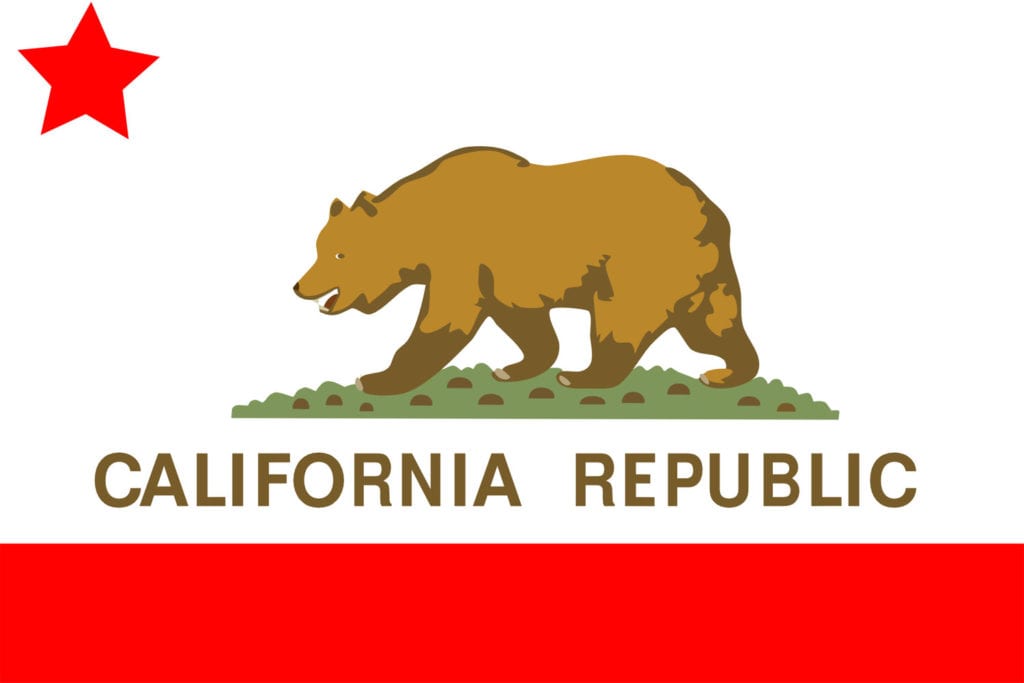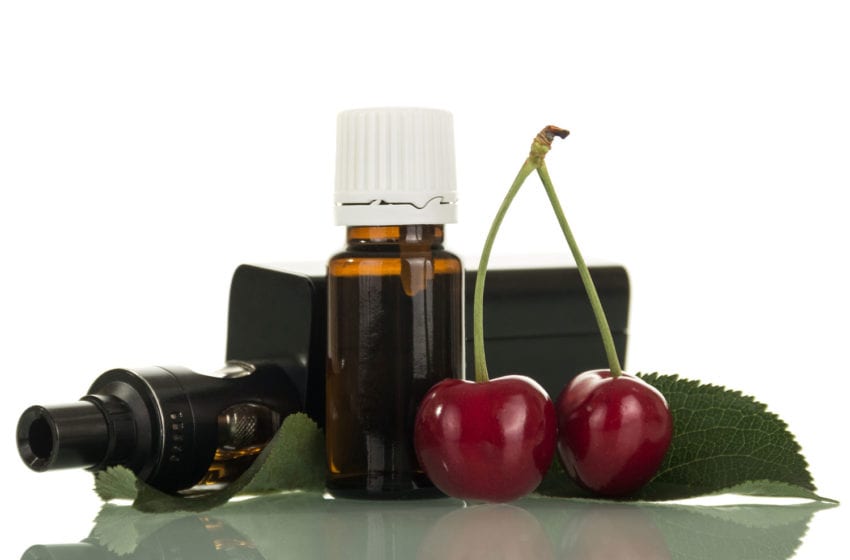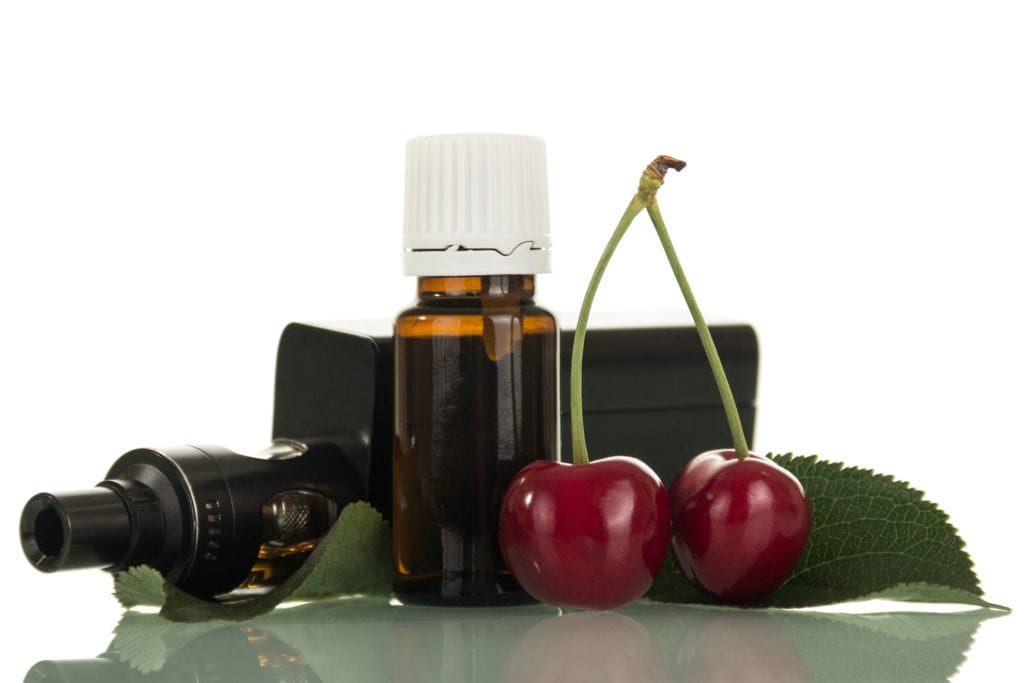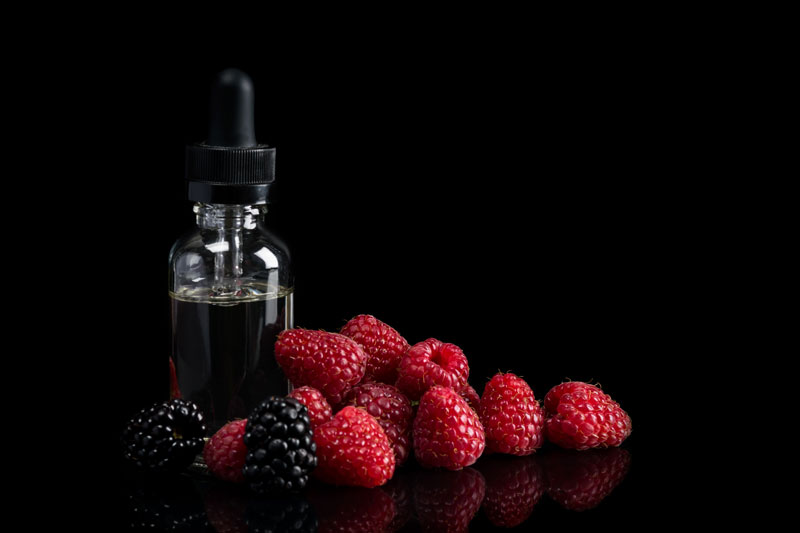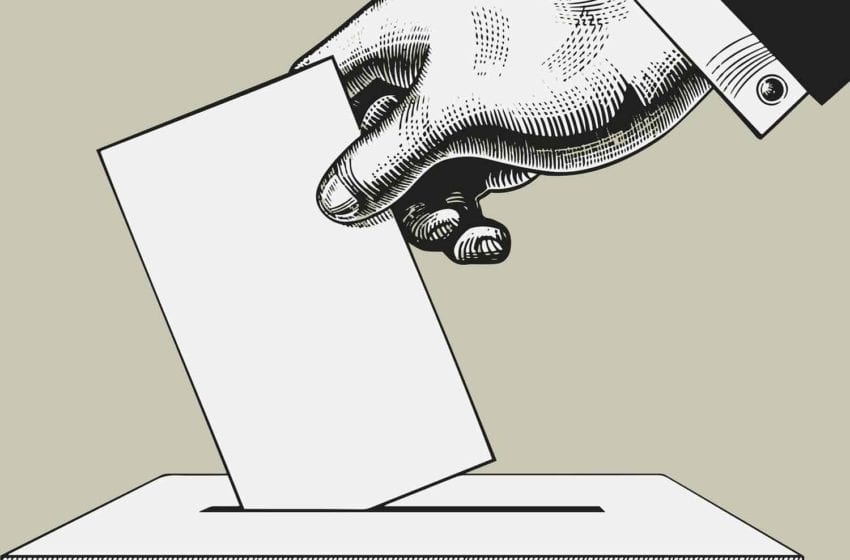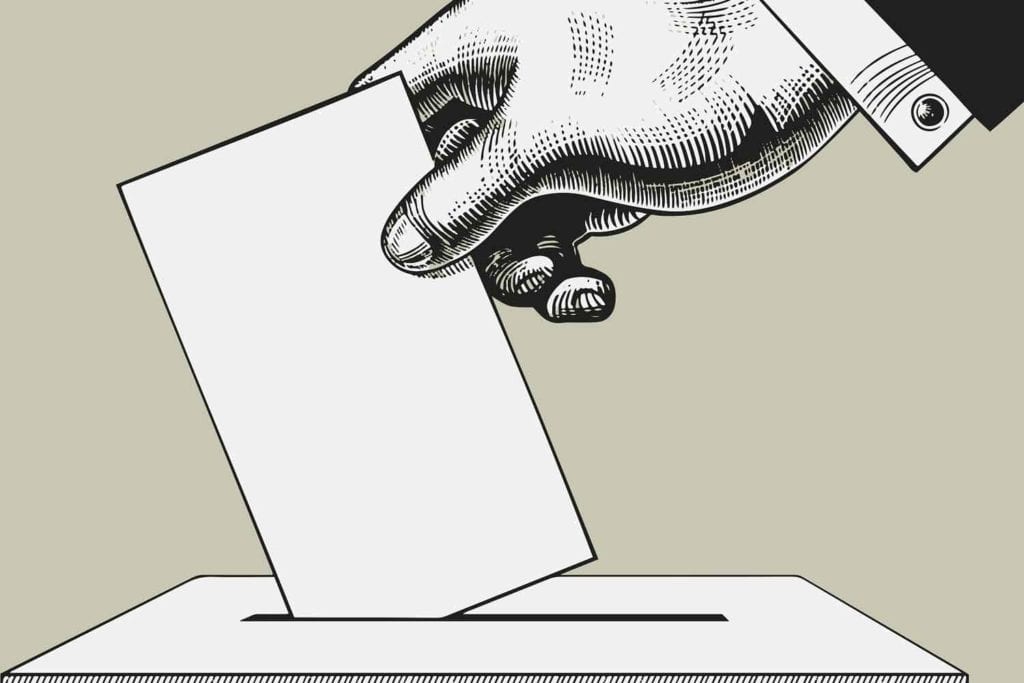
Lawmakers in the U.S. House of Representatives have sent a letter to the head of the U.S. Food and Drug Administration (FDA) urging the agency to remove all flavored vaping products from the market. The 43 House Democrats sent the letter to acting FDA Commissioner Janet Woodcock as the agency continues to review thousands of premarket tobacco product applications (PMTAs).
“Flavored e-cigarettes are putting a new generation of kids at risk of nicotine addiction and the serious health harms that result from tobacco use,” states the letter drafted by Representatives Debbie Wasserman Schultz and Diana DeGette, according to The Hill.
The lawmakers want the FDA to ban all flavored e-cigarettes upon further review and eliminate the exemption the FDA has for menthol and disposable products.
Along with a ban on flavored e-cigarettes, lawmakers want a ban on PMTAs and the marketing of e-cigarettes that target minors. “Today, e-cigarette use by youth remains at what FDA calls ‘epidemic proportions,’ and e-cigarettes have been the most commonly used tobacco products among youth since 2014—and flavors are a key reason why,” the letter states.
The FDA has already put a ban on fruity e-cigarettes. However, brands such as Puff Bar are sidestepping the ban by selling fruit-flavored disposable vaporizers that use synthetic (tobacco-free) nicotine. “We strongly recommend that FDA’s premarket review process require manufacturers to provide convincing evidence that their products do not increase youth use of nicotine and tobacco in ways that increase the risk of abuse and addiction among youth,” the lawmakers stated.




